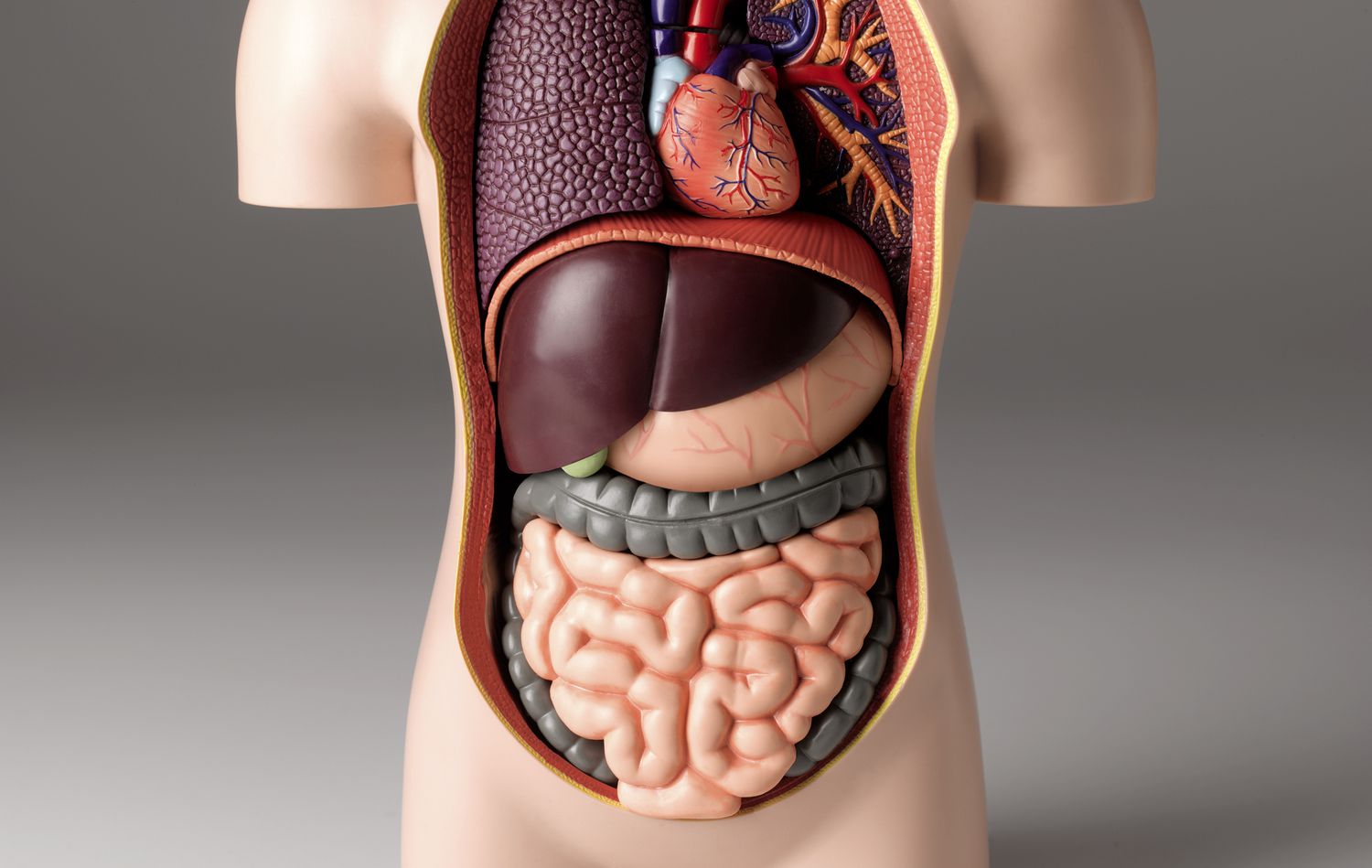
Did you know that the human body has over 600 muscles? That's just one of the many mind-blowing facts about human anatomy. Our bodies are like intricate machines, each part playing a crucial role in keeping us alive and functioning. From the tiny bones in your ear to the vast network of blood vessels, there's so much to learn and appreciate. Ever wondered why your stomach growls when you're hungry? Or how your brain processes millions of bits of information every second? Let's dive into 25 surprising facts about human anatomy that will make you see your body in a whole new light. Get ready to be amazed by the wonders within you!
Key Takeaways:
- The brain is a powerful organ, using 20% of the body's energy and containing 86 billion neurons. It can send signals at speeds up to 268 miles per hour and has virtually limitless storage capacity.
- The heart beats 100,000 times a day, pumping around 2,000 gallons of blood. It has its own electrical system and can continue beating even when disconnected from the body. Laughter can promote heart health by increasing blood flow.
The Brain: The Command Center
The human brain is a marvel of nature, controlling everything from our thoughts to our movements. Here are some mind-blowing facts about this incredible organ.
- The brain weighs about 3 pounds, yet it consumes 20% of the body's energy.
- Neurons in the brain can send signals at speeds up to 268 miles per hour.
- The brain has around 86 billion neurons, each forming thousands of connections.
- Despite popular belief, humans use virtually all parts of their brain, not just 10%.
- The brain's storage capacity is virtually limitless, estimated at around 2.5 petabytes.
The Heart: The Lifeline
The heart tirelessly pumps blood throughout our bodies, keeping us alive and well. Here are some fascinating facts about this vital organ.
- The heart beats about 100,000 times a day, pumping around 2,000 gallons of blood.
- A woman's heart typically beats faster than a man's.
- The heart can continue beating even when disconnected from the body, as long as it has an oxygen supply.
- Laughter can increase blood flow by 20%, promoting heart health.
- The heart has its own electrical system, which allows it to beat independently of the brain.
The Lungs: The Breath of Life
Breathing is an automatic process we often take for granted. The lungs play a crucial role in this essential function.
- The surface area of the lungs is roughly the size of a tennis court.
- Humans take about 20,000 breaths each day.
- The right lung is slightly larger than the left lung to accommodate the heart.
- Lungs are the only organs that can float on water due to the air they contain.
- The lungs filter out small blood clots and air bubbles from the bloodstream.
The Digestive System: The Fuel Processor
Our digestive system breaks down the food we eat, turning it into energy and nutrients. Here are some intriguing facts about this complex system.
- The entire digestive tract is about 30 feet long.
- The stomach produces a new lining every few days to prevent self-digestion.
- The small intestine is about 22 feet long, while the large intestine is only 5 feet long.
- The liver, the largest internal organ, performs over 500 functions, including detoxification and protein synthesis.
- The stomach's acid is strong enough to dissolve metal, but the stomach lining protects it from damage.
The Skeletal System: The Framework
Our bones provide structure and support, enabling movement and protecting vital organs. Here are some surprising facts about the skeletal system.
- The human body has 206 bones, but babies are born with around 270, which fuse over time.
- The smallest bone in the body is the stapes, located in the ear, measuring just 0.1 inches.
- Bones are about five times stronger than steel of the same density.
- The femur, or thigh bone, is the longest and strongest bone in the body.
- Bones are constantly being remodeled, with about 10% of the skeleton replaced each year.
Fascinating World of Human Anatomy
Human anatomy is full of surprises. From the tiny bones in your ear to the millions of cells in your body, there's always something new to learn. Did you know your heart beats about 100,000 times a day? Or that your skin is the largest organ you have? These facts remind us how complex and amazing our bodies are.
Understanding these details helps us appreciate our health more. It also shows how interconnected everything is. Next time you take a breath or feel your heartbeat, remember the incredible systems working behind the scenes.
Keep exploring and stay curious. There's always more to discover about the human body. Whether you're a student, a teacher, or just someone interested in science, these facts can inspire you to learn even more. Stay fascinated, and keep questioning the world around you.
Frequently Asked Questions
Was this page helpful?
Our commitment to delivering trustworthy and engaging content is at the heart of what we do. Each fact on our site is contributed by real users like you, bringing a wealth of diverse insights and information. To ensure the highest standards of accuracy and reliability, our dedicated editors meticulously review each submission. This process guarantees that the facts we share are not only fascinating but also credible. Trust in our commitment to quality and authenticity as you explore and learn with us.
